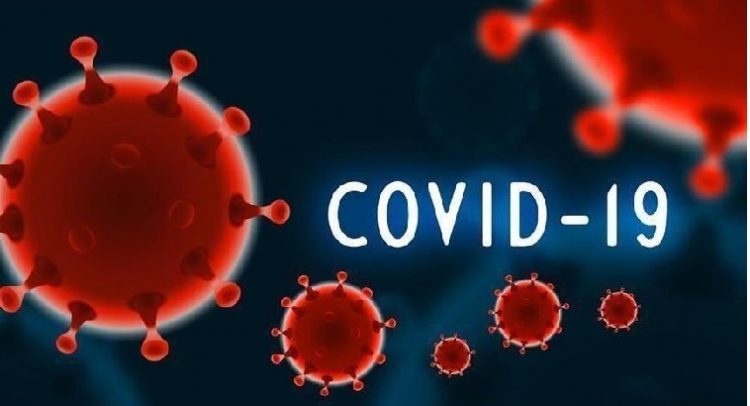The Ghana Health Service (GHS) has started recording an increase in COVID-19 cases following the easing of measures against the spread of the virus a few weeks ago.
According to the Director of Public Health GHS, Dr. Franklin Asiedu Bekoe, ‘Covid-19 cases have risen over the last two weeks.’
The GHS case management data shows 307 active cases with 62 new cases recorded as at 6th June, 2022.
“This shows that the virus is not totally out of the system. We also have flu (H3N2) going around, so a number of people are coughing and sneezing. Most of the test results come out as either H3N2 or Covid-19,” Dr. Bekoe said in a radio interview.
He indicated that most of the cases were recorded in the Greater Accra Region in schools, while others were traced to parties and indoor events.
He noted that health experts cannot predict if the virus will be a thing of the past, “that is why we are trying to integrate it into our healthcare and pushing for more vaccinations. When more people get vaccinated, we can at least control the spread.”
He indicated that less than 10 per cent of Ghanaians have been vaccinated.
The GHS has so far vaccinated 6.4 million people (fully) across the country, representing 40 per cent of the herd immunity target of 20 million people.
They form part of the 10 million people who have accessed the vaccine, some partially,.
The Manager of the Expanded Programme on Immunisation (EPI) of the GHS, Dr. Kwame Amponsa- Achiano, attributed the relatively low vaccine uptake to low risk perception and the myths surrounding vaccinations.
He said although hesitancy had been a major challenge in the deployment of vaccines, the GHS was working to address it through strategies such as making vaccines easily accessible and mounting special vaccination campaigns.
Dr Amponsa-Achiano called on all eligible people to ignore the myths and perceptions about the vaccines and avail themselves for the jabs, adding that the vaccines had scientifically been proved to be safe, effective and free.
By Jamila Akweley Okertchiri

